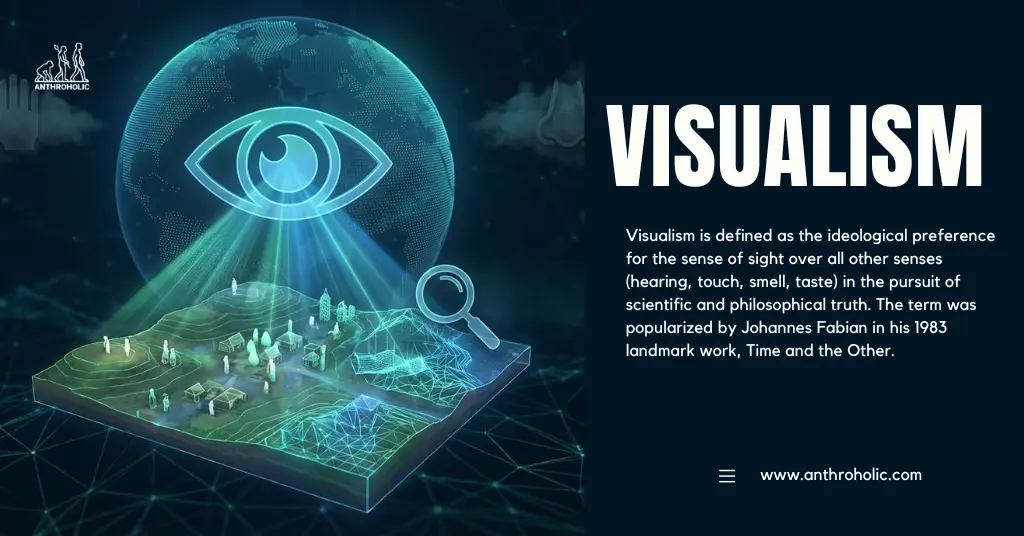AI Answer Evaluation Platform Live Now. Try Free Answer Evaluation Now

CasinoWizard Explores Gambling as Ritual: A Cultural Anthropology Perspective
Human societies have always searched for structure in moments of uncertainty. From harvest cycles to rites of passage, communities create patterned actions that give meaning to unpredictable outcomes. Risk rarely exists in isolation. It often appears inside a framework of…










